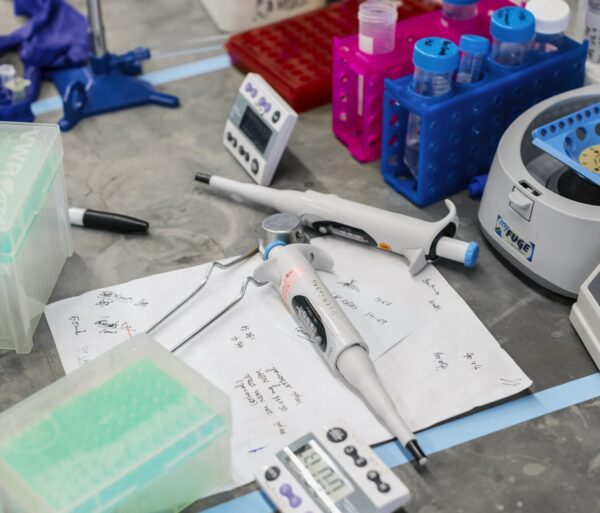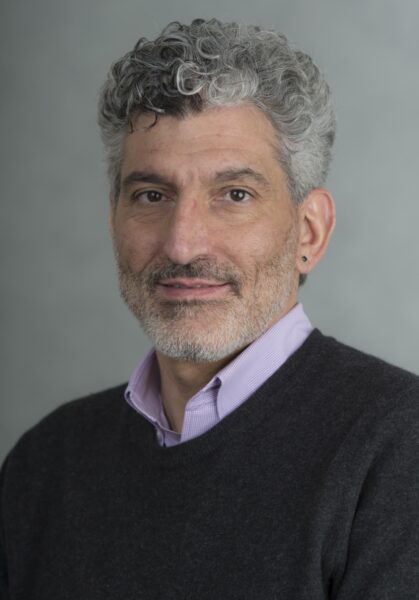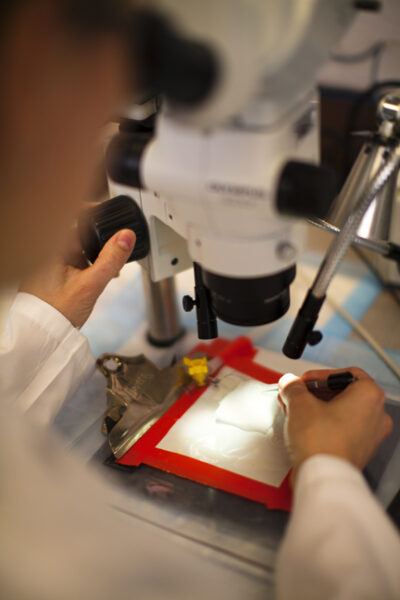
Suffering a stroke leaves most people with few options other than to cope with the effects of irreversible brain damage. Physical rehabilitation is the only alternative after failure of preventative efforts such as diet and exercise, drug therapy or stent surgery to clear a blockage. In addition to preventing strokes, stents can treat them. However, the window of time for stent therapy to effectively reverse a stroke is so small that most patients survive a stroke with varying degrees of disability.
But what if there were a way for the brain to repair itself in the aftermath of a stroke and return to its former capacity?
Dr. Agnieszka A. Ardelt, assistant professor of neurology at the University of Chicago, planned to explore that possibility with her Brain Research Foundation Seed Grant. She has designed a study that will determine whether introducing into brain cells the protein Hu antigen R (HuR), which stabilizes messenger RNA and thereby regulates gene expression, will improve function— days, weeks or months after a stroke occurs.
Dr. Ardelt planned to use the middle cerebral artery occlusion model for studying ischemic stroke in mice. She was to investigate recovery at early (24 and 72 hours) and late (30 days) time points, comparing the genetically manipulated animals that express HuR to wild type or normal mice. Dr. Ardelt expected to see smaller lesions in the genetically manipulated mice, illustrating augmentation of cerebral neuroprotection and neurorepair. This repair should improve long-term functional outcome.
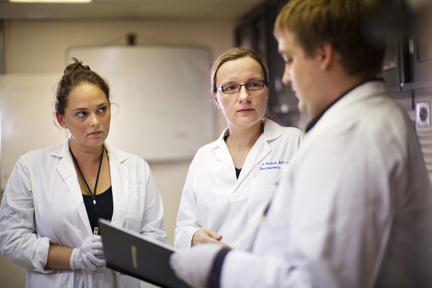
Dr. Ardelt planned to then try to identify more specific clues to how the stroke-damaged brain might repair itself. She was to test various molecules that are relevant to neurorepair to determine if they change from having a beneficial role to a detrimental one during a stroke. The study was to identify the tipping point at which positive new cell regeneration could morph into negative effects such as seizures and tumors.
Looking at how a damaged brain repairs itself holds great promise for understanding brain disorders that are the result of sudden injury. Insight could lead to long-lasting solutions that will help patients suffering from a stroke or traumatic brain injury as a result of a serious accident or military injury. Dr. Ardelt’s hope is that her work will not only help patients recover from strokes more readily but that it will help individuals with other brain disorders like multiple sclerosis, where HuR may regulate the expression of beneficial genes.
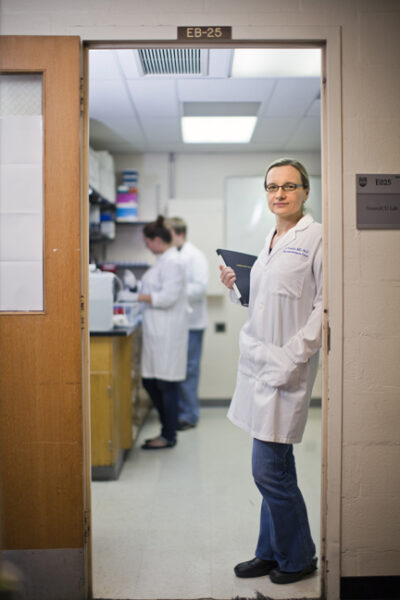
Assistant Professor, Department of Neurology, The University of Chicago

